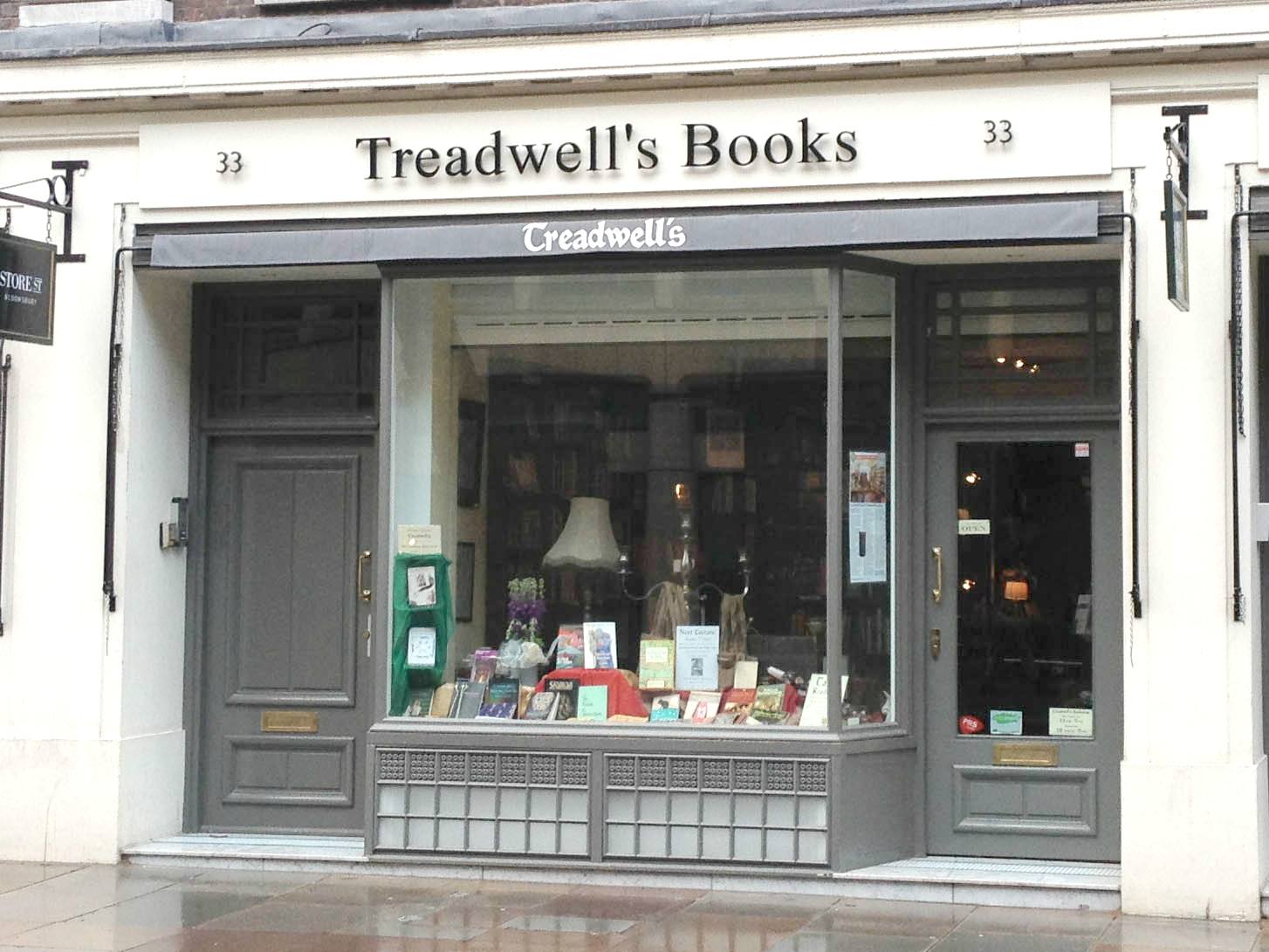Sheffield – the surprisingly green ‘steel city’

When you think of Sheffield in South Yorkshire, the first images that come to mind are probably the famous Tinsley cooling towers which dominated the skyline from 1937-2008, the behemoth that is Meadowhall or the iconic 90s film The Full Monty which depicted the challenges of unemployment and social and economic unrest in Sheffield’s post-industrial era.
The city certainly has a strong industrial heritage. Thanks to its riverside location and plentiful supply of coal and iron, Sheffield was one of the UK’s most prosperous industrial cities during the 18th, 19th and 20th centuries with the nickname “The Steel City”.
However, the deindustrialisation of the manufacturing industry across the UK in the mid-20th century saw a decline in the steel industry in Sheffield and similar titans of industry like Newcastle, Liverpool and Bradford as manufacturing moved towards China and other emerging and developing countries who could undercut the UK as a result of low wages, lengthy working hours and untapped natural resources.
However, despite a period of economic decline for Sheffield in the latter part of the 20th century, skip forward 30 years and things have definitely changed.
The former industrial heavyweight has now come full circle to become known as ‘The Outdoor City’ and the supposed greenest city in England. Despite its urban reputation, a mecca for hikers, runners, climbers and cyclists, the Sheffield area now comprises 60% rural landscape and stunning Peak District countryside and its impressive city-centre amenities.
With many homebuyers keen to get back to nature in the wake of the Covid-19 pandemic, Sheffield offers green outdoor space by the bucketload. Within the city itself, there are numerous parks and gardens such as the Sheffield Botanic Gardens, the Sheffield Winter Gardens, Endcliffe Park or the inner-city mountain bike trail at Parkwood Springs, which play host to numerous festivals such as the month-long Festival of the Outdoors and three-day music festival Tramlines, art and cultural trails, outdoor theatre and live sports events.
And whilst Sheffield’s central location means it is extremely well connected by road (the M1 and various A roads), rail, tram and air (nearby airports Doncaster Sheffield Robin Hood, Manchester, Leeds/Bradford and East Midlands in particular), there are plenty of retail and leisure amenities within the city itself too. Shoppers can head to retail giants Meadow Hall and Crystal Peaks or quirky Ecclesall Road for one-of-a-kind retailers and eateries. There is also plenty to keep all ages occupied in the city such as the National Videogame Museum, the Ponds Forge gym, swimming pool and sports centre, The Climbing Works indoor climbing centre and the Ice Sheffield ice rink.
Add in some very friendly locals (that northern hospitality definitely comes into play!), low crime rates and competitive house prices to boot and it isn’t hard to see why Sheffield had the biggest rise in buyer interest across UK cities in 2020.
Indeed, property prices in Sheffield are very affordable and considerably cheaper than fellow Northern cities Leeds and Manchester with an average sold price of £226,004 in the last 12 months. This is almost 75% less than house prices in London and offers a significant saving in comparison to the average UK house price of £254,624 and sought-after areas of South Yorkshire such as Cawthorne (£689,875), the village of Dore (£512,115) and Fulwood (£416,431).
When it comes to the types of property on offer, a terraced house will fetch in the region of £177,000, with semi-detached properties costing around £215,000 and detached properties around £380,000. If you are willing to put in some work to give a property some TLC you could even pick up a bargain for much less, making Sheffield a great proposition for homebuyers after their forever home in a place that ticks all the boxes.
Buy-to-let investors will also do well in Sheffield thanks to its average rental yield of 5.07% and high capital growth expectations for average house prices (+28.2% by 2025) plus an impressive pool of potential tenants on offer at the city’s two universities, the University of Sheffield and Sheffield Hallam University. Both of which offer an extensive range of undergraduate, postgraduate and business courses to over 60,000 students annually. Lively areas such as St. Pauls and Ecclesall in the centre of the city are particularly popular with students, 20-somethings and young families.





